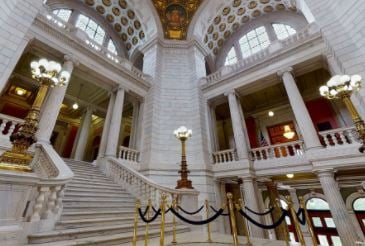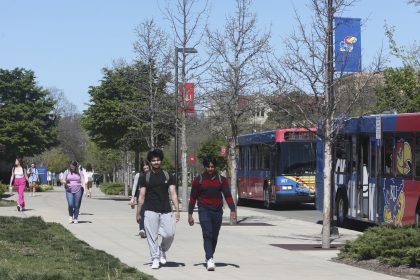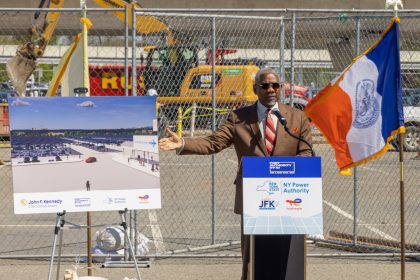Rhode Island Voters Bullish on Housing, Arts and Ed Spending

Rhode Island voters authorized $400 million in borrowing last week, funding projects across the states ranging from improving state beaches to renovating affordable housing projects to bosltering arts and state preservation progams.
The seven bond measures were on the ballot in an unusual March special election necessistated by state lawmakers failing to approve them in time to make the November ballot.
Despite the delay, more than 101,000 Rhode Islanders voted in the election, with about 68,000 submitting their ballots by mail, 9,400 voting early but in person, and a final 23,700 voting in person on election day.
In passing all seven separate questions, voters authorized $107 million for projects at the three state colleges; $74 million in borrowing for green initiatives such as state beaches and parks; $65 million for affordable housing development; $72 million for transportation infrastructure; $15 million for early childhood education infrastructure; $7 million for arts and culture; and $60 million for industrial site development at Quonset, site of a former Naval air station.
In a statement, Rhode Island General Treasurer Seth Magaziner said the voters had chosen “to build a stronger, brighter future” for the state.
“In times of great crisis, we need to be bold and with these bond measures, Rhode Islanders are spurring local job creation, making ourselves more competitive in the regional and global market and jumpstarting a broad-based recovery from COVID-19,” he said.
According to Ballotopedia, 13 statewide measures have been certified across the country as of last week.
These range from a measure in New York State to create a state constitutional right to clean air, clean water, and a healthful environment to one in Maine that would prohibit construction of a controversial electric transimission line project while requiring a two-thirds vote of each state legislative chamber to approve similar projects in the future.
In addition, five statewide measures have already been certified for the 2022 ballot.
In the latest instance, the South Dakota Legislature last week put a constitutional amendment on the June 7 ballot that would require three-fifths supermajority approval by voters to pass any future ballot measure that would increase taxes or fees or require the state to appropriate $10 million or more in the first five fiscal years.
Ballotopedia also reports that signatures have been submitted and are pending verification for five additional 2022 initiatives in California, Maine, and Michigan.






















